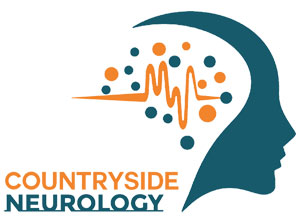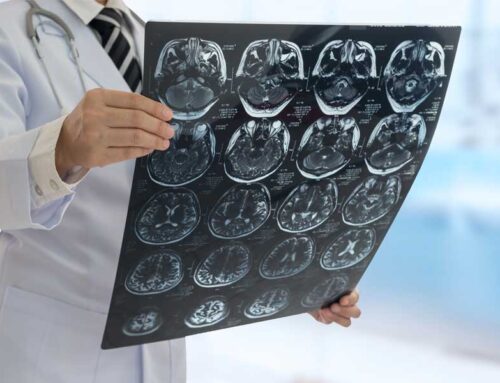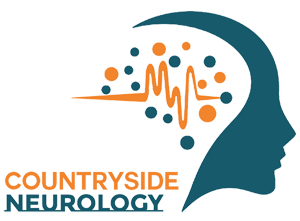Tic disorders, characterized by sudden, repetitive movements or sounds, can significantly impact daily life. While medications and therapy are traditional treatments, innovative approaches like Transcranial Magnetic Stimulation (TMS) are gaining recognition for their effectiveness. Let’s delve into what tic disorders entail and how TMS therapy offers hope for those affected.
Understanding Tic Disorders:
Tic disorders encompass a range of conditions, including Tourette syndrome, chronic motor or vocal tics, and transient tic disorder. These conditions often emerge in childhood and can persist into adulthood. Tics vary widely in frequency, intensity, and type, from simple, brief movements or sounds to complex, repetitive actions.
Impact of Tic Disorders:
Living with tic disorders can present numerous challenges. Social stigma, embarrassment, and difficulty concentrating are common experiences. Individuals may face limitations in academic or professional settings, impacting self-esteem and quality of life. Traditional treatments such as medications or behavioral therapy may offer relief but often come with side effects or limited effectiveness.
The Promise of TMS Therapy:
TMS therapy, a non-invasive procedure that stimulates specific areas of the brain using magnetic pulses, has shown promise in treating tic disorders. By targeting the neural circuits associated with tic symptoms, TMS can modulate brain activity and reduce tic severity. Unlike medications, TMS therapy carries minimal side effects and does not involve invasive procedures or prolonged recovery periods.
How TMS Works: During a TMS session, a specialized coil is placed against the scalp, delivering focused magnetic pulses to the brain. These pulses stimulate neural pathways, promoting the release of neurotransmitters and modulating brain activity. By targeting regions implicated in tic disorders, such as the supplementary motor area and prefrontal cortex, TMS can disrupt dysfunctional neural circuits and alleviate symptoms.
Clinical Evidence and Success Stories:
Numerous studies have demonstrated the effectiveness of TMS therapy in reducing tic severity and improving overall functioning in individuals with tic disorders. Patients report significant reductions in tic frequency, intensity, and interference with daily activities. Many experience improvements in mood, concentration, and social interaction, leading to enhanced quality of life.
At Countryside Neurology:
At Countryside Neurology, we offer specialized TMS therapy for tic disorders, providing personalized treatment plans tailored to each patient’s needs. Our experienced team, led by Dr. Khademi, utilizes state-of-the-art technology and evidence-based approaches to deliver optimal outcomes. With our commitment to compassionate care and innovative solutions, we’re dedicated to helping individuals regain control and confidence in their lives.
Take the Next Step:
If you or a loved one is struggling with tic disorders, consider exploring the benefits of TMS therapy at Countryside Neurology. Contact us at 727-712-1567 to schedule a consultation and take the first step towards lasting relief. Let us help you reclaim your life from the challenges of tic disorders.
In conclusion, TMS therapy represents a promising frontier in the treatment of tic disorders, offering a safe, effective, and non-invasive alternative for individuals seeking relief from the burden of tics.





